Keynote Speaker – Meghan McCarthy
Topic: COVID 3D TRUST: a public-private collaboration to support manufacture of open source PPE and medical devices during the COVID-19 public health emergency
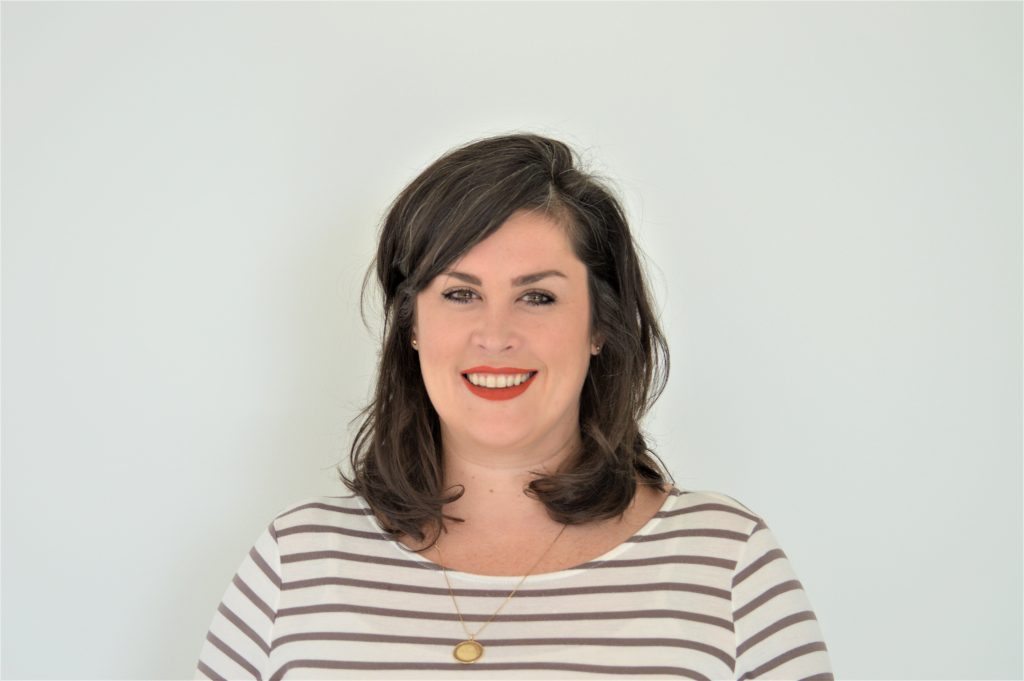
Meghan McCarthy, Ph.D., is Program Lead for 3D Printing and Biovisualization in the Office of Cyber Infrastructure and Computational Biology at the National Institute of Allergy and Infectious Diseases (NIAID), part of the U.S. National Institutes of Health. She is project lead for the NIH 3D Print Exchange, a free, community-driven resource for sharing and creating 3D-printable models related to bioscience and medicine, including open hardware for laboratory use. Since the outset of the COVID-19 public health emergency, the Exchange platform has been used to gather open source designs for PPE and medical devices as part of the COVID 3D TRUST initiative, a partnership with the FDA, Veterans Health Administration, and America Makes, to support supply chain gaps during the COVID-19 public health crisis. She also oversees NIAID’s services for 3D modeling and printing, and research and development in virtual and augmented reality for scientific and biomedical visualization. Dr. McCarthy is an advocate for open source software and design sharing and contributes to working groups dedicated to the improvement 3D data standards and initiatives promoting women and minorities in STEM. She holds a B.S. in Biology from Virginia Tech, and an M.S. in Biotechnology and a Ph.D. in Biochemistry from University College Cork, Ireland.
Julieta Arancio
Topic: reGOSH: appropriating technology in Latin America with open science hardware
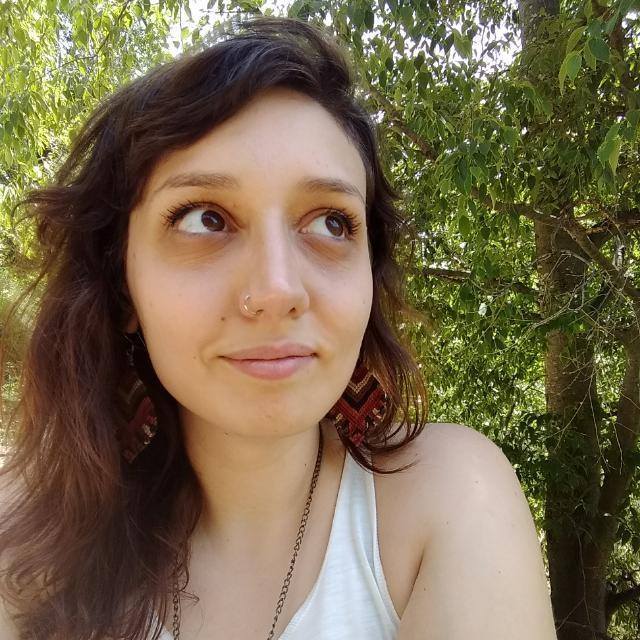
reGOSH is a network working in seven countries in Latin America towards the adoption of free/open source technologies for science and education. reGOSH emerged from the global open science hardware (GOSH) movement, and adopts its values in the particular context of our continent.
We aim to share our vision of how OSH can contribute to better science and education in Latin America. We will show the results of reGOSH main activity: OSH residencies. Residencies are annual collaborative meetings where participants gather for four weeks to replicate or create OSH prototypes with locally available knowledge and materials.
About the speaker: I’m a human born in Argentina & currently wandering around Europe. I study and promote open hardware as a way to democratize science and technology, community/academia but also north/south.
I recently got a PhD in STS exploring how the global open science hardware movement (GOSH) contributes to science democratization in the Global South. I’ll be soon starting a postdoc focusing on the Open Flexure initiative, funded by Alfred P. Sloan Foundation.
As an activist, I’m part of the organization of the Free/Libre technologies network in Latin America for science and education (reGOSH), having represented it at UNESCO’s open science 2020 expert consultation.
I’m also one third of Open Hardware Makers, a mentorship program for young open hardware projects, and I usually collaborate as a consultant in projects linking education, technology and sustainability with the Appropedia Foundation.
André Maia Chagas
Topic: Open Hardware Makers mentorship program: making open hardware the default everywhere, one project at a time!
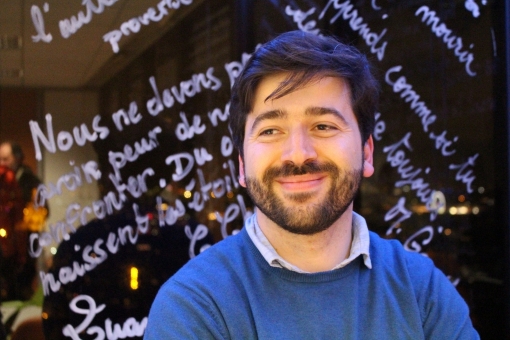
Open Hardware Makers is an online mentorship program. Inspired by Mozilla Open Leadership programs, it aims to support new hardware projects in their way of acquiring best practices, building welcoming and inclusive communities and connecting to existing networks.
I’m passionate about open science and open source hardware, and how those two can be used to increase research and education reach around the world. I have a background in Neurosciences and have been developing affordable open science hardware and teaching others to do so via workshops, talks and outreach events.
Together with Julieta Arancio and Alex Kutschera, we are developing Open Hardware Makers – a mentoring program about implementing best practices in open source hardware projects.
I started Open Neuroscience, and volunteer at Trend in Africa as an open source adviser and by organizing and running Open Labware workshops.
Currently I work at the Department of Neurosciences in the University of Sussex, where I develop equipment to support research labs. For more details on those projects check the Open Sussex Neuroscience page
On my spare time I offer consultancy services around open science hardware through Prometheus Science. If you need to replicate a methods paper, or if you’d like something custom built for your lab, get in touch!
Rico Euripidou and Katie Gradowski
Topic: Mobilizing People to Act on Air Pollution with the Bucket Air Monitor – a Community Science Tool
The “bucket” is a low-cost, community-friendly air sampler that helps people measure toxic chemicals such as benzene and hydrogen sulfide in their air. Developed in the late 1990s, it was one of the first (if not the very first) do-it-together environmental monitors. Communities living near oil refineries and petrochemical plants gathered to build their own buckets. They established phone trees to make sure that, when noxious fumes enveloped their neighborhood, someone would take a sample.
Twenty years later, buckets continue to be a critical tool for fenceline communities impacted by oil and gas development.
About the speakers:
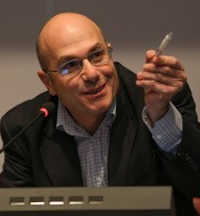
Rico Euripidou is groundWork’s Environmental Health Campaigner. He has been with groundWork since 2005. His interests lie in working on issues of energy, chemicals policy, climate change and public health, all of which are, of course, closely interrelated. He trained as an Environmental Epidemiologist at the London School of Hygiene and Tropical Medicine in the United Kingdom.
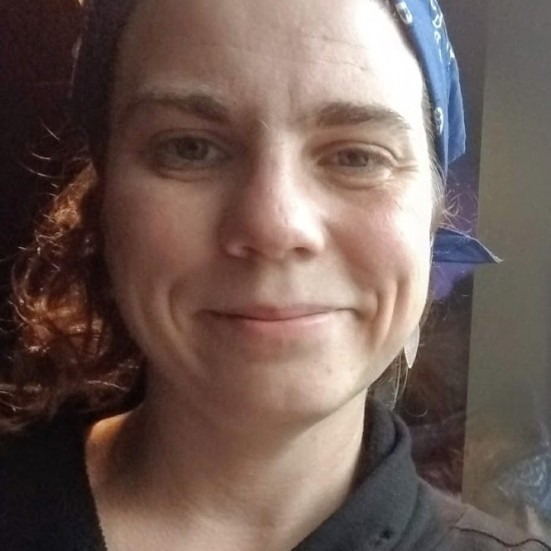
Katie has been involved with Public Lab since 2013, where she has led kite mapping and spectrometry workshops and most recently worked as a Community Technology Fellow working on the bucket air monitor. Her background is in alternative education and community organizing. She is a member of Fair Tech Collective and is currently a J.D. candidate at Roger Williams School of Law.
Oluwatobi Oyinlola
Topic: Hardware innovation, an opensource way in Nigeria
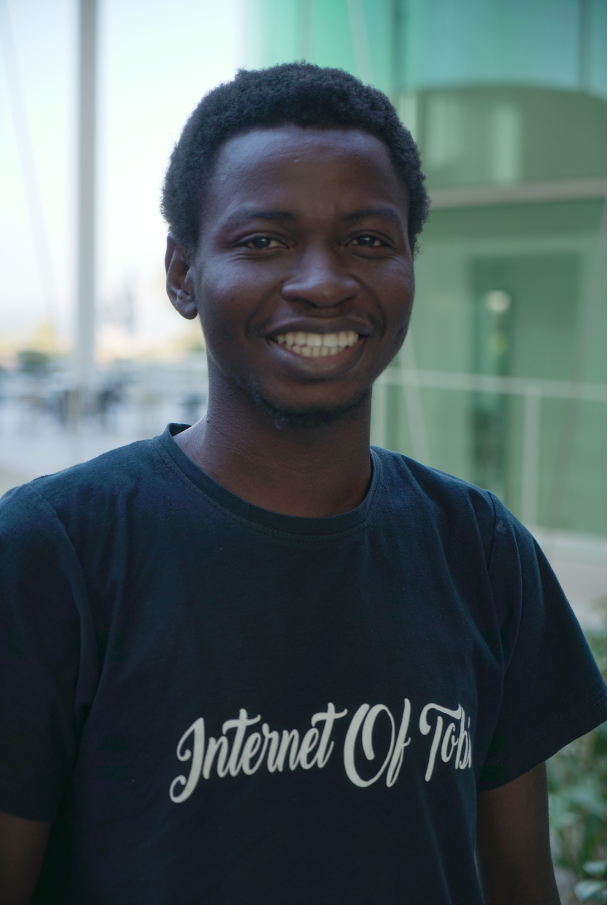
Hardware innovation has been increasing rapidly especially in Nigeria where personate innovator builds opensource solutions to solve problems. I will be sharing some of the projects, the impact, and opportunities in Nigeria for open hardware.
About the speaker: Oluwatobi Oyinlola is an Experience Embedded Systems Engineer, Inventor, IoT Evangelist. He is currently implementing Pay-As-You-Cook technology to promote the use of affordable LPG in Africa. Recently he has been working in the avionics sector with rLoop Incorporated (a company sharing the dream of realizing the fifth mode of transportation initiated by Elon Musk, i.e. the Hyperloop) applying some of his experience in Robotics. Oluwatobi was recognized as one of the Most Influential Young Nigerians Award.
Chris Chronopoulos
Topic: Open Hardware Needs Open Standards
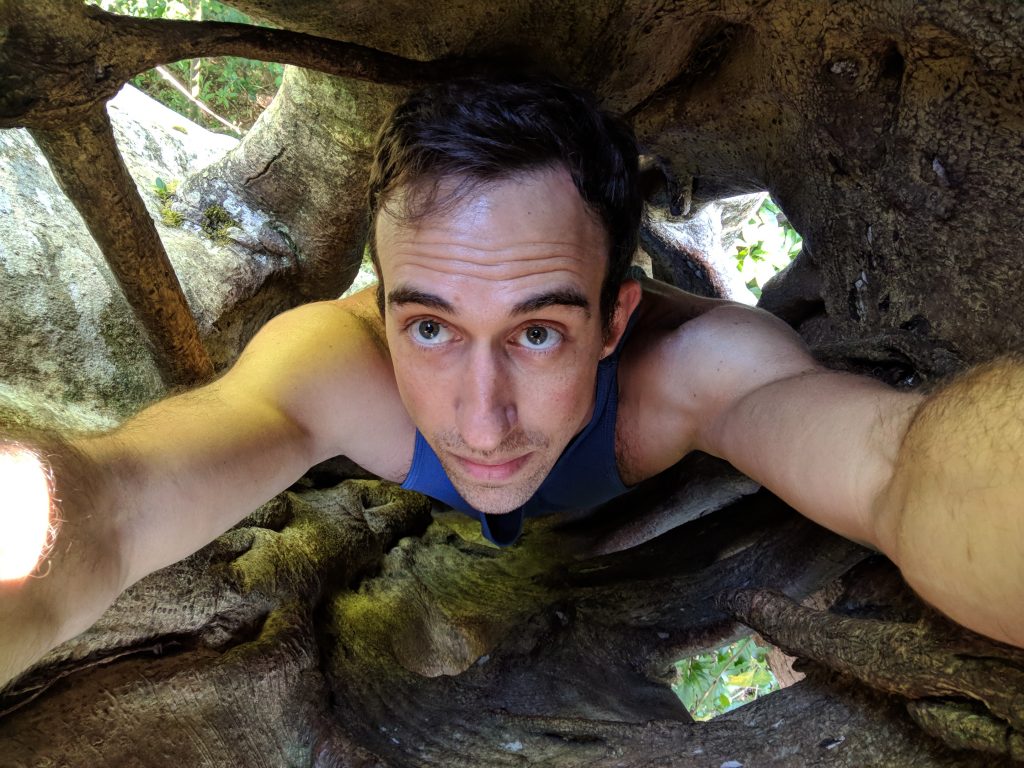
Open hardware developers looking to certify the safety of their product face hurdles of obscurity, licensing, and paywalls: the internationally recognized standard for what makes a PCB safe to plug into the wall costs thousands of dollars to purchase, and cannot be shared. This is in stark contrast to software open standards like the internet protocol and cryptography on which the modern tech industry depend. I argue that the open hardware community would benefit from open standards and testing procedures for electrical safety, thermal tolerance, emissions, and mechanical stresses. I draw a parallel to similar efforts in the software word like ELISA and OASIS. Finally, I discuss some limitations of this approach, and related workarounds.
About the speaker: Chris has a diverse background with experience in astrophysics, neuroscience, embedded systems, and music technology. Along the way, he has developed a deep appreciation for the open source approach in hardware, software, and science. He is a co-founder and board member of Interstitial Technology, a worker cooperative engineering firm and public benefit corporation with the stated purpose of developing free and open source technology for the good of society.
Scott Shawcroft
Topic: Interface Design in Open Source Hardware and Software

In this talk I plan on tracing interface design decisions in CircuitPython and Adafruit hardware that highlight areas that are commonly overlooked when designing an open source product. I’ll then apply simple design principles to these areas to improve interoperability and therefore abstraction as well.
About the speaker: Scott Shawcroft is the project lead for CircuitPython and is sponsored by Adafruit Industries, an open source electronics company. After a number of years at Google working in the cloud, Scott left to learn about electronics on his own. He began freelancing a year later for Adafruit on what became CircuitPython. Now, CircuitPython ships on thousands of electronics every month, introducing new coders to Python on hardware.
LeeLee James
Topic: Twirling Tech Goddess Q&A

LeeLee James is channeling her engineering education, dance training and resourcefulness through queer, femme and Black identities into a wild and wonderful expression of her STEAM art through her YouTube series, “Twirling Tech Goddess.” As a computer science major, LeeLee’s vision imbues for those who are historically marginalized that greater access to technological information, skills and experiences is of the utmost importance in creating an equitable future for all. Subscribe to her channel today at meow.wf/ttg.
Alison Parker and Alex Long
Topic: How Open Hardware Supported the COVID19 Response and Lessons for Public Policy
The COVID-19 pandemic spotlighted the ability of open source hardware communities to mobilize for disaster response through the design and production of personal protective equipment and other medical supplies. The response now serves as a case study for understanding how grassroots OSH communities interface with public policy, regulations, and government authorities.
The presenters convened a roundtable of open source communities, government officials, and medical professionals involved in the COVID response. We will share lessons learned and explore how OSH communities interact with existing legal and regulatory frameworks and the key messages for the policy-related communities they interface with.
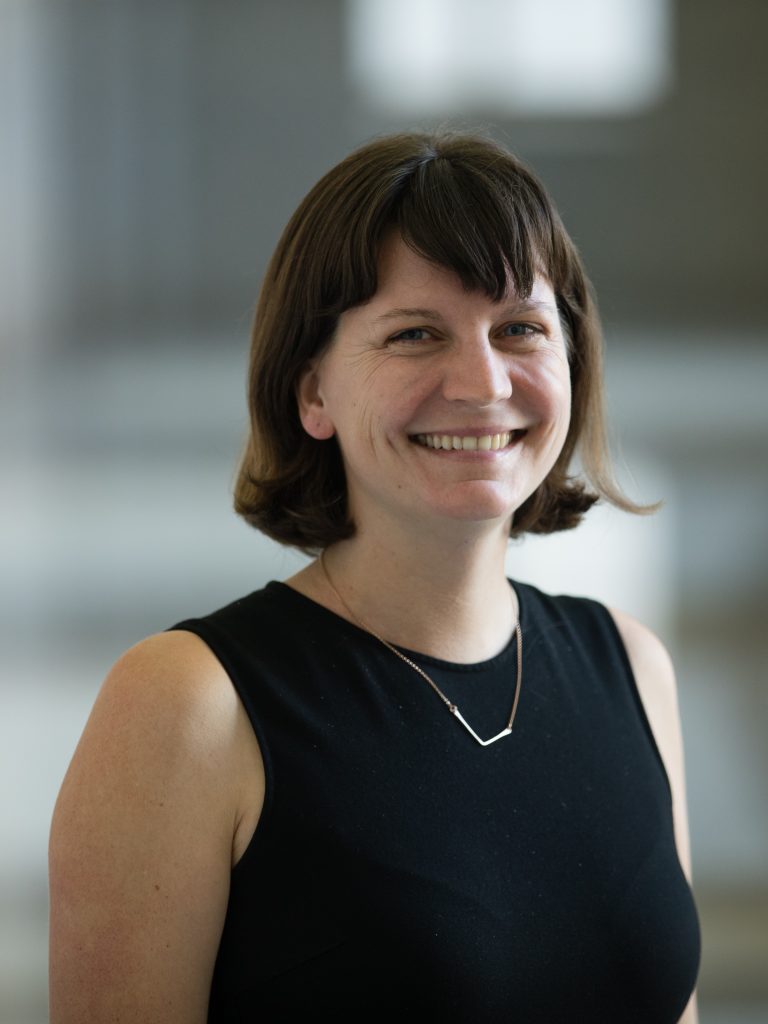
About the speakers:
Alison Parker, PhD is Senior Program Associate with the Science and Technology Innovation Program (STIP) at the Woodrow Wilson International Center for Scholars in Washington DC. In this role, she evaluates and amplifies participatory approaches to science and technology, and builds connections between science, society, and public policy. She also serves on the Board of Directors of the Citizen Science Association, and holds a PhD in Ecology and Evolutionary Biology from the University of Toronto and a B.Sc. from the George Washington University.
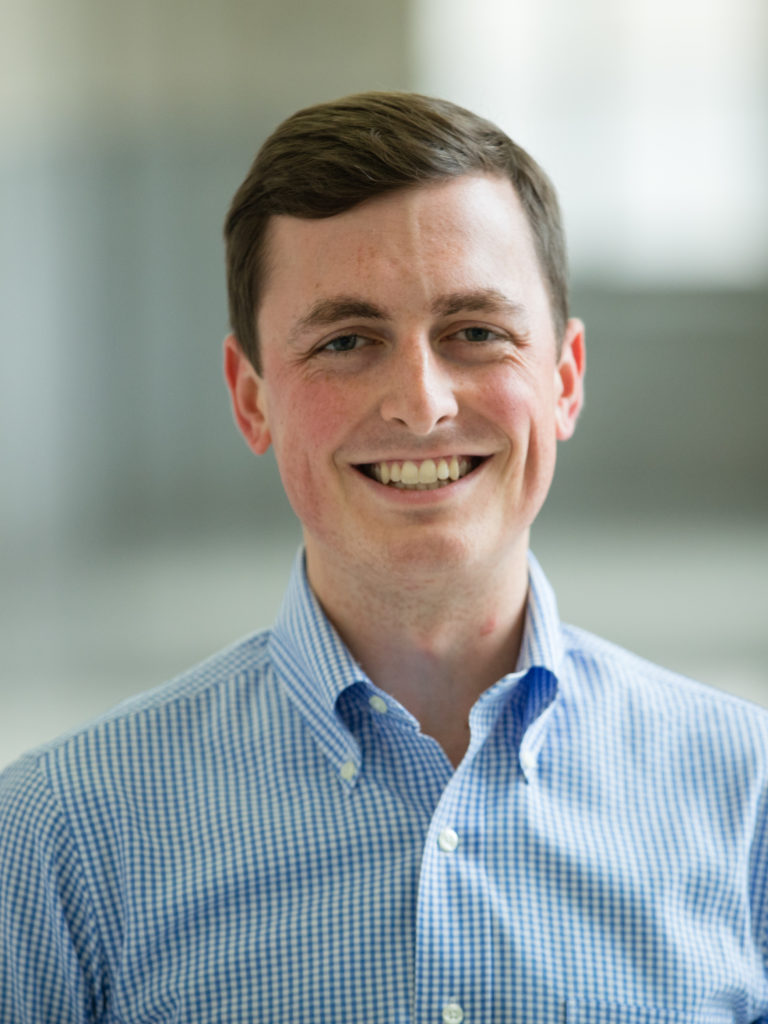
Alex Long is a Program Associate for the Science and Technology Innovation Program (STIP) at the Wilson Center, focusing on STIP’s Innovation Initiatives. Alex has recently been elected as a Junior Policy Fellow with Cambridge University’s Centre for Science and Policy to research Global Health challenges and how the use of innovative technologies and data collection schemas, like citizen science, can contribute to pandemic prevention. Alex also studies the ever-growing linkages between the pursuit of science, the trust of the public, and the nuances of politics. Alex received his MS in Biomedical Science Policy and Advocacy from Georgetown University and his BS in Biology from the University of Richmond
Julian Stirling
Topic: Transitioning an Open Hardware Project to Distributed Medical Device Production
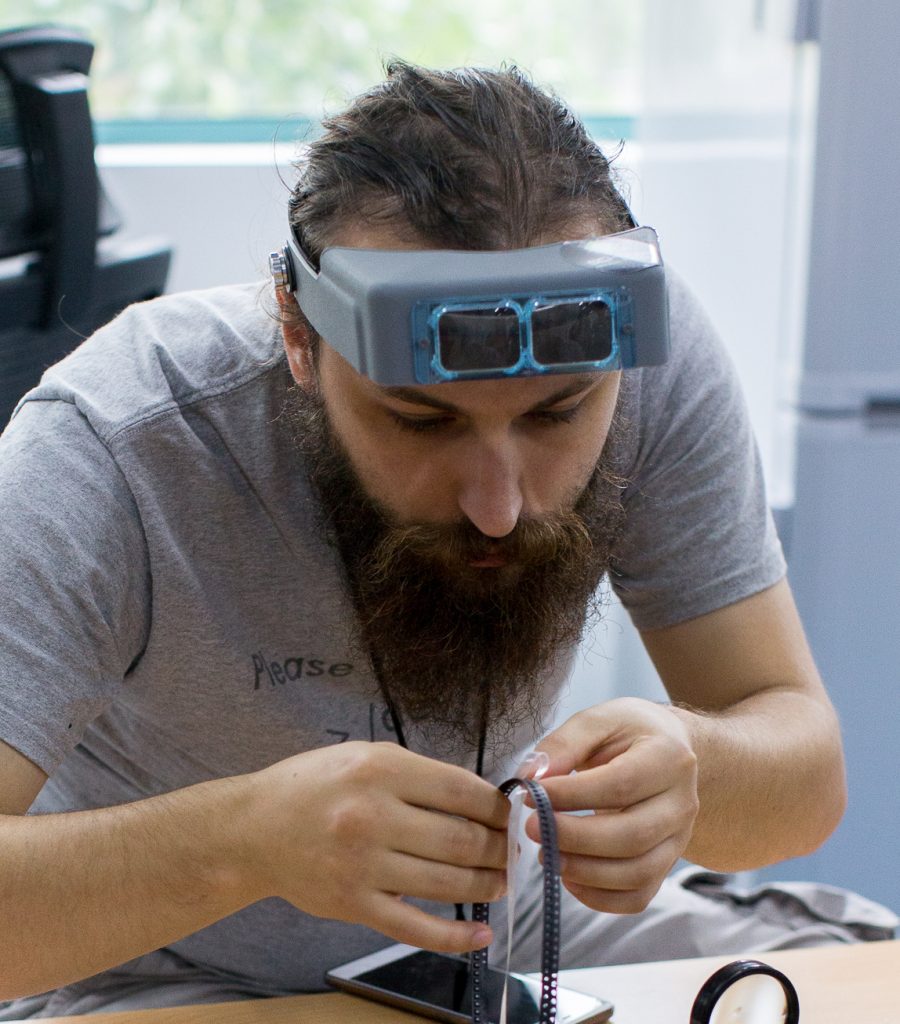
An open design is only the first step towards making open hardware available. For open hardware to reach its full potential we must ensure that it can be manufactured where it is needed. Distributed manufacturing of medical devices, however, provides a further challenge. It is not possible to certify the design of a medical device, each manufacturer must certify a product. Management of the production process must be performed in line with international standards so that risk can be managed. The question remains: How can we support distributed manufacturing of an open medical device in line with these regulations?
About the speaker: Julian Stirling is a physicist who specialises in instrumentation. He worked on experiments ranging from blue skies measurements of the Universal Constant of Gravitation, to practical mass metrology at the milligram level. Since 2018 he has worked at the University of Bath on the open-source, laboratory-grade, 3D-printed, OpenFlexure Microscope. His key focus within the project has been on how we can ensure that a medical grade microscope can be built and maintained locally in sub-Saharan Africa.
Fred Benenson
Topic: Breadwinner
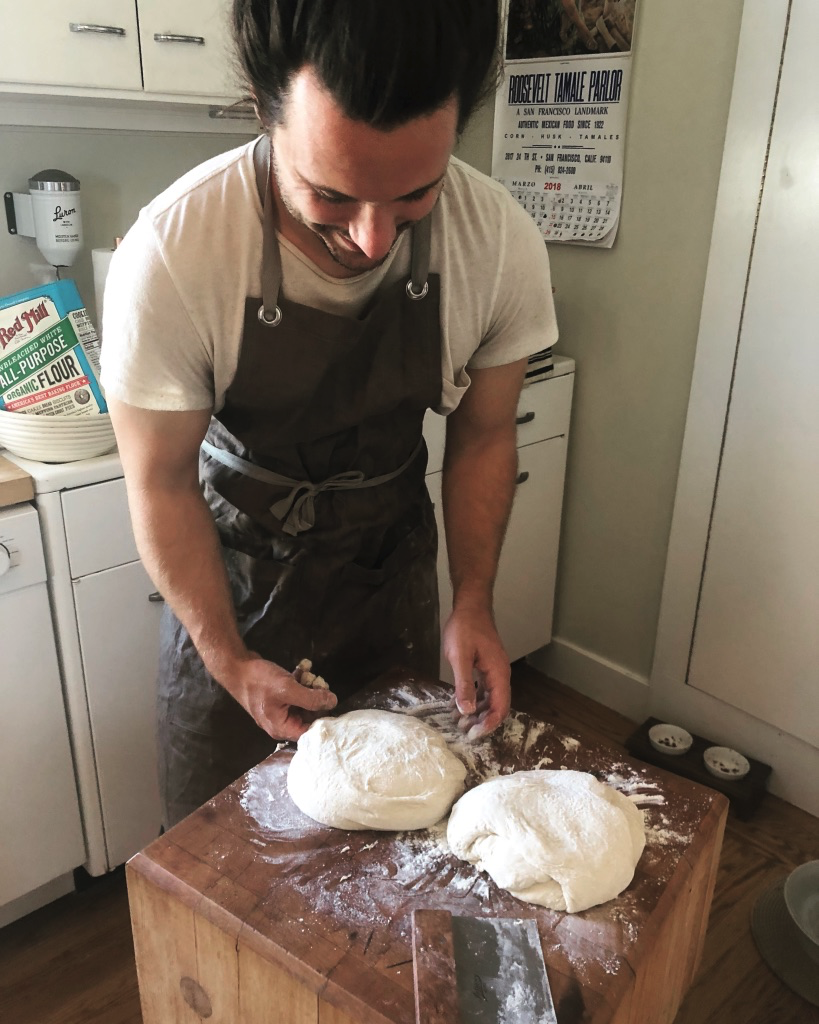
Breadwinner helps you unlock your sourdough starter’s secrets. I’d like to use OHS 2021 as an opportunity to open source the design and firmware for our beta unit – a lid that sits atop a standard Ball widemouth mason jar and uploads data representing the height and fermentation activity of your starter to your profile on Breadwinner.
About the speaker: Fred Benenson is a sourdough baker, surfer, and data nerd. Prior to launching Breadwinner, he worked at Kickstarter, Y Combinator and Creative Commons. He’s also the creator of Emoji Dick, an all-emoji translation of Herman Melville’s classic Moby Dick and Pitch Deck, a tabletop improv game about convincing your friends to invest in the most ridiculous startups imaginable. He lives in Topanga, California and has two cats named Catberry and Horatio.
Laura Lytle and Alice Stewart
Topic: What’s the Buzz About?: The Rise of Open, Personal Sex Tech
Open source hardware is making a play for the bedroom as the sex tech world realizes that devices we invite into our most intimate moments should mirror our openness with their design. This talk will provide an introduction to open source sex tech and the people daring to ask “what if I put a microcontroller *here*?”
We’ll look at how the industry is opening up but often still suffering from closed source in security and UX. We’ll explore grassroots projects engaging sexuality through destigmatizing technical lenses, reclaiming diverse bodies as sites of pleasure, and transcending barriers of machine interaction.
About the speakers:
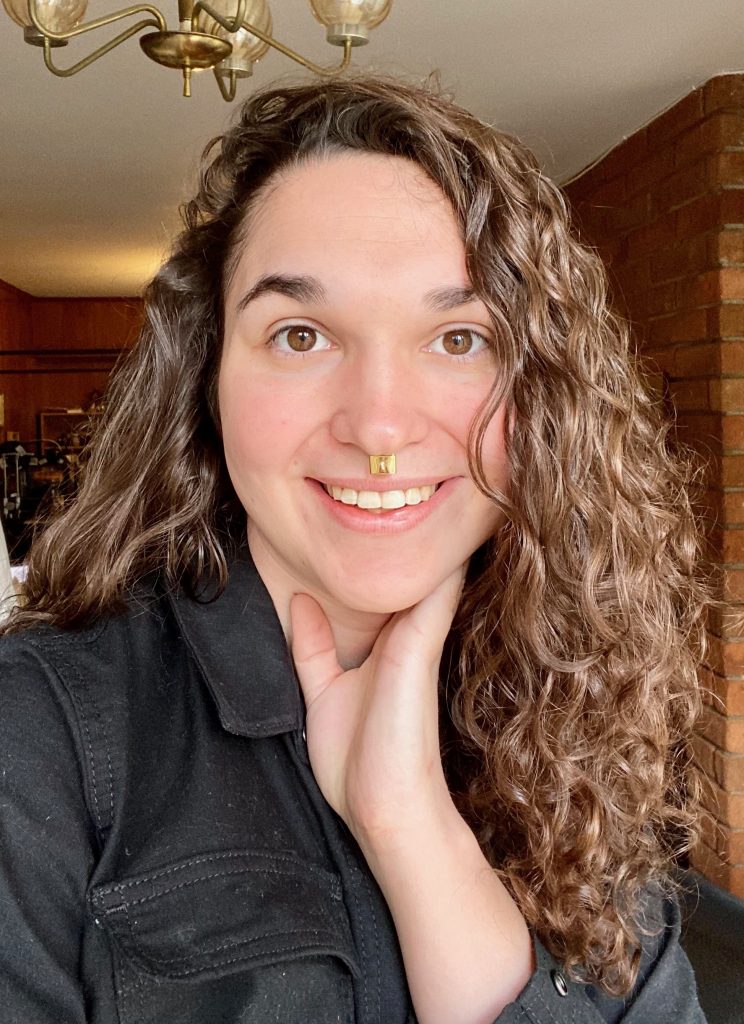
Laura Lytle is an electrical engineer, sex worker, and writer exploring the crossroads of robotics, human interfaces, and emergent sexuality.
Laura has worked on multi-robot swarms and motion planning at NASA’s Jet Propulsion Laboratory and the University of Southern California, and she currently runs Inside Sex Toys, a sex tech design blog for destigmatizing pleasure by demystifying the tools we use to seek it. Visit laura.dev to check out her latest projects, suggest a collaboration, or just say “hi!”
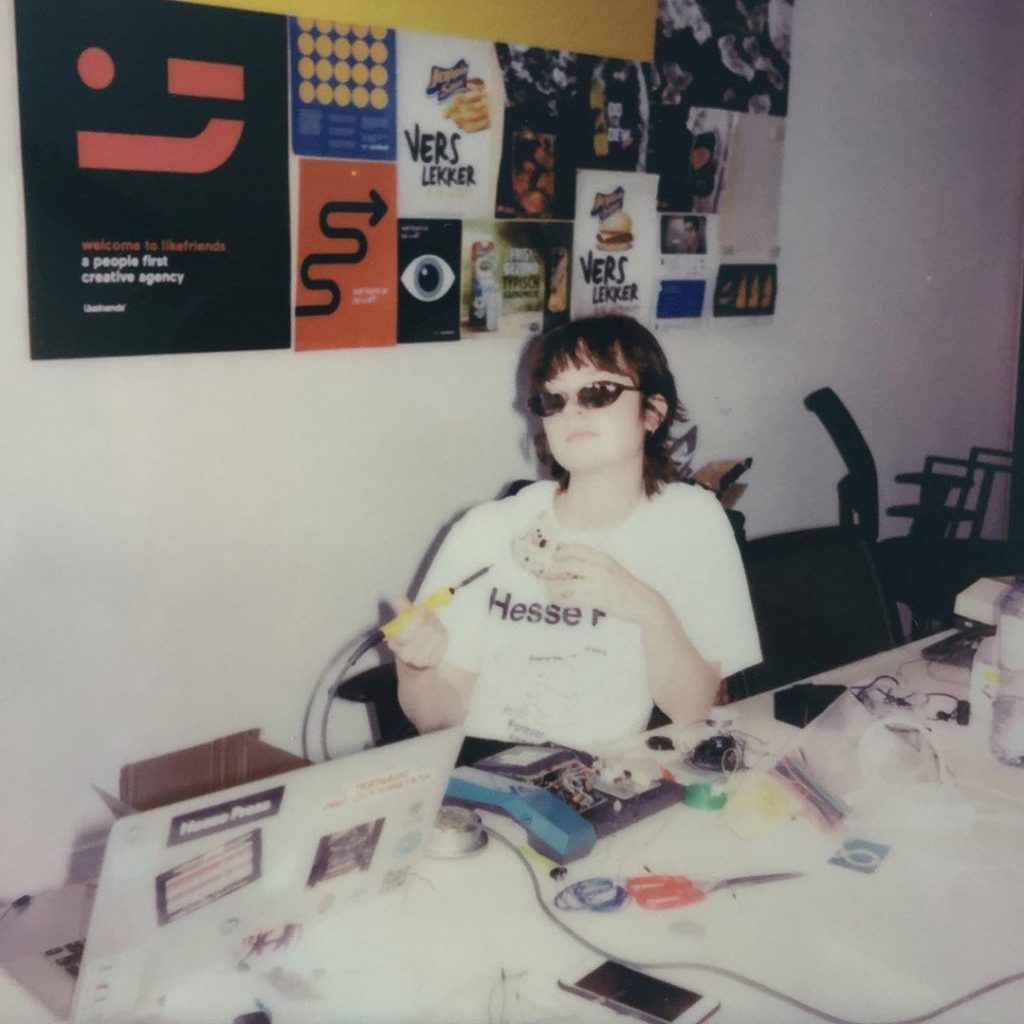
Alice Stewart is a hardware hacker, educator and founder of Touchy-Feely Tech: A DIY Vibrator kit and workshop series combining STEM and Sex Ed. Her work seeks to encourage DIY attitudes towards hacking and making, notably within the field of intimate technologies.
As an educator she has taught internationally and established Hackspace workshops at institutions such as Kingston University and the Royal College of Art in London.
Helen Leigh
Topic: Robot unicorns, moon cello gloves and open technology
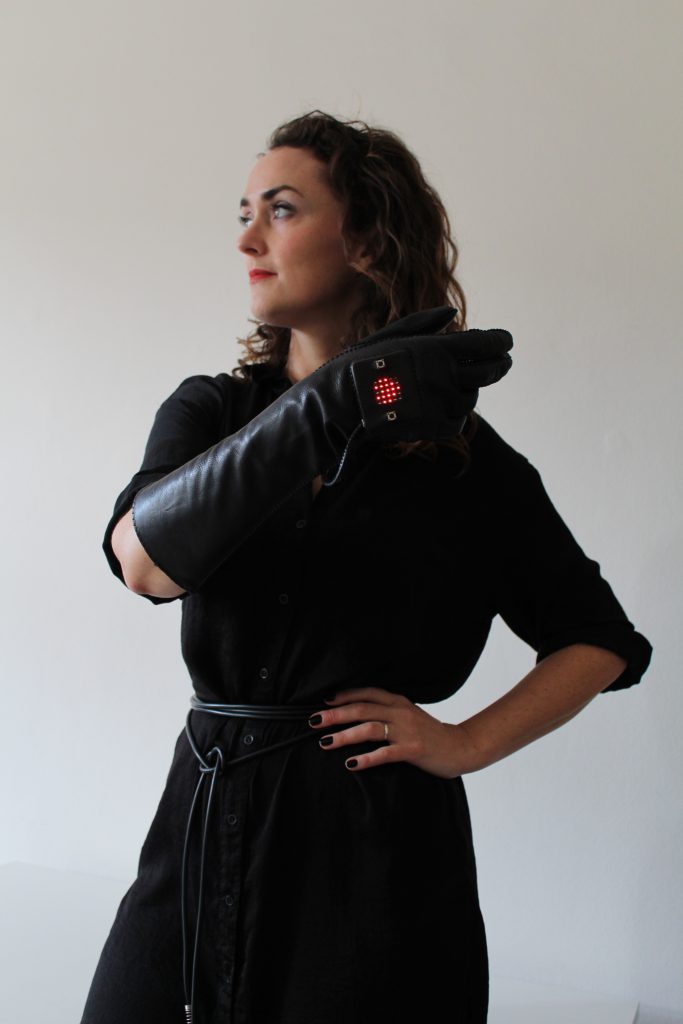
This talk is the story of how a series of collaborations and a spirit of openness led to the evolution of one of my projects, from a herd of gesture-controlled robot unicorns, to a leather glove that plays the sounds of moon-bounced cellos, to an open source edtech product sold all over the world.
As part of this story, I will explore the formal and informal ways that makers and hackers share information and learning around physical technologies, including a look at how the grassroots hacker community is engaging (or not!) with open source hardware.
About the speaker: Helen Leigh is a creative technologist who specializes in music technologies and experimental electronics. She is Head of Community at Crowd Supply, a crowdfunding platform for open, ethical hardware. She is the author of “DIY Music Tech” and “The Crafty Kid’s Guide to DIY Electronics”, as well as a regular column for Make Magazine.
Panel Discussion
Topic: Open hardware chip design
Moderator
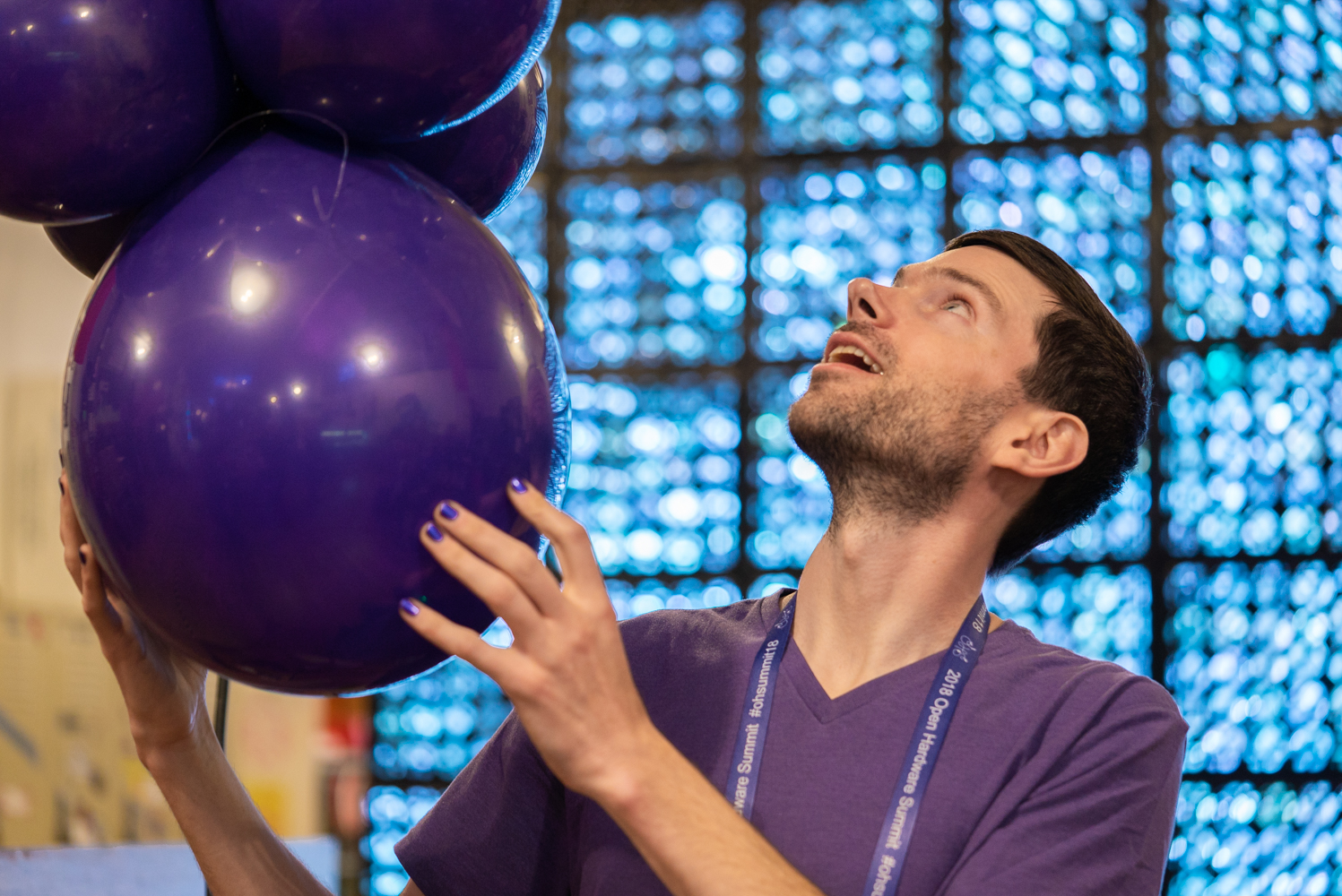
Drew Fustini is a hardware designer and embedded Linux developer. He is a board member of the Open Source Hardware Association and the BeagleBoard.org Foundation. Drew designs circuit boards in KiCad for OSH Park, a PCB manufacturing service. He is also an ambassador for RISC-V International.
Panelists
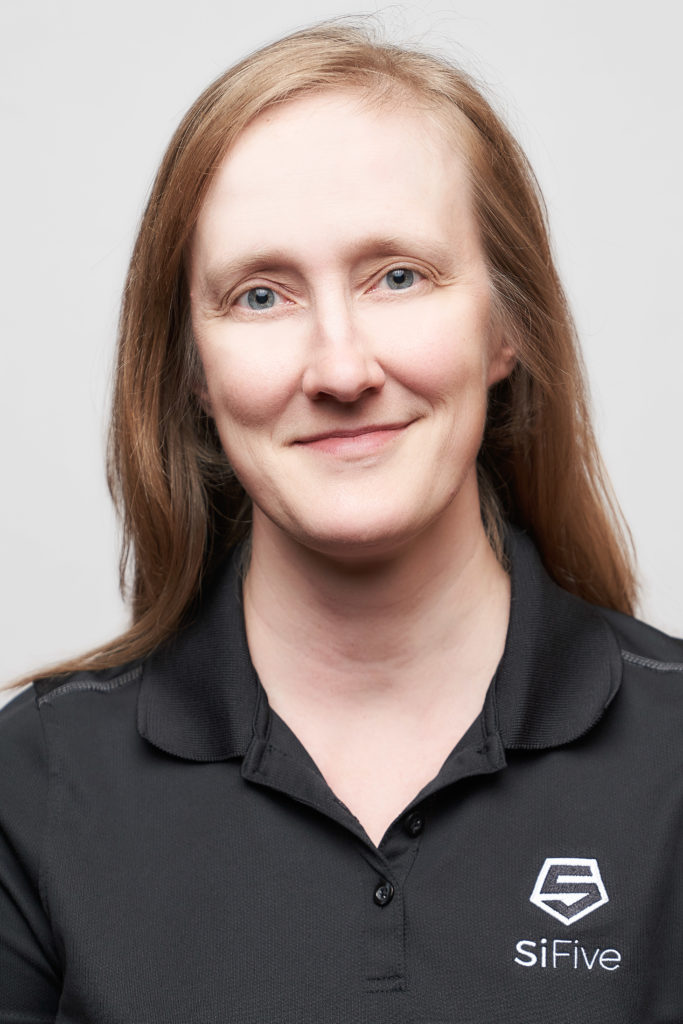
Megan Wachs currently serves as VP of Hardware Engineering at SiFive, the company founded by the creators of the RISC-V ISA. She has helped bring the first commercial RISC-V silicon to market in the FE310-G000 chip used in the HiFive1 board. Megan has served the RISC-V Foundation as Chair for the Debug Task Group. Prior to joining SiFive as an early engineer, she designed and implemented secure cryptographic hardware in Rambus’ Cryptography Research Division. Megan earned her Ph.D. in Electrical Engineering from Stanford University and her undergraduate degree in Engineering from Brown University. In her free time she swims in San Francisco Bay and chases her sons up and down San Francisco’s hills.
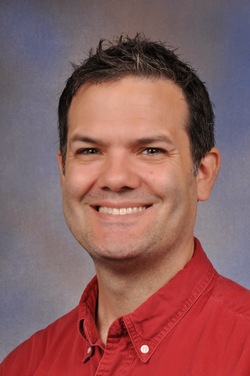
Jason Kridner is a founder and president of the board at the BeagleBoard.org Foundation and an independent embedded systems consultant. As a 28 year veteran of Texas Instruments, he developed experience in the design, manufacturing, testing, applications and marketing of integrated circuits used in embedded systems.
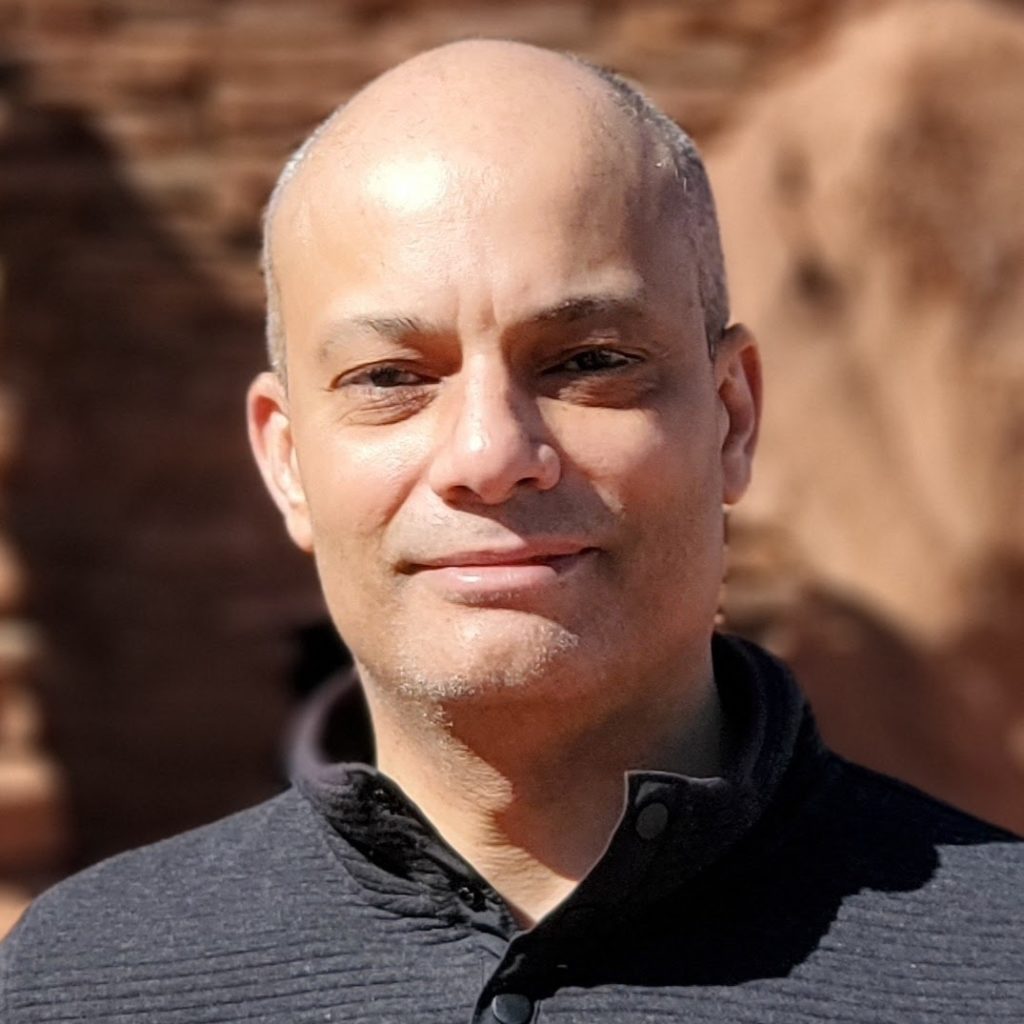
Mohamed Kassem is the cofounder and CTO of efabless corporation. The world’s first community-centric hardware design company applying community expertise to all aspects of semiconductor product development. The company simplifies the process of developing smart hardware and opens it to anyone.
Prior to launching efabless in 2014, Mohamed held several technical and global leadership positions within Texas Instruments’ Wireless Business Unit. He joined TI in 2000 at the beginning of the digital telephony revolution fueled by the unprecedented integration of major phone functions on a single SoC. He led the first development of 45nm, 28nm analog & mixed-signal IP functions for wireless applications processors.
Mohamed holds a Masters degree in Electrical Engineering from the University of Waterloo, Ontario, Canada.
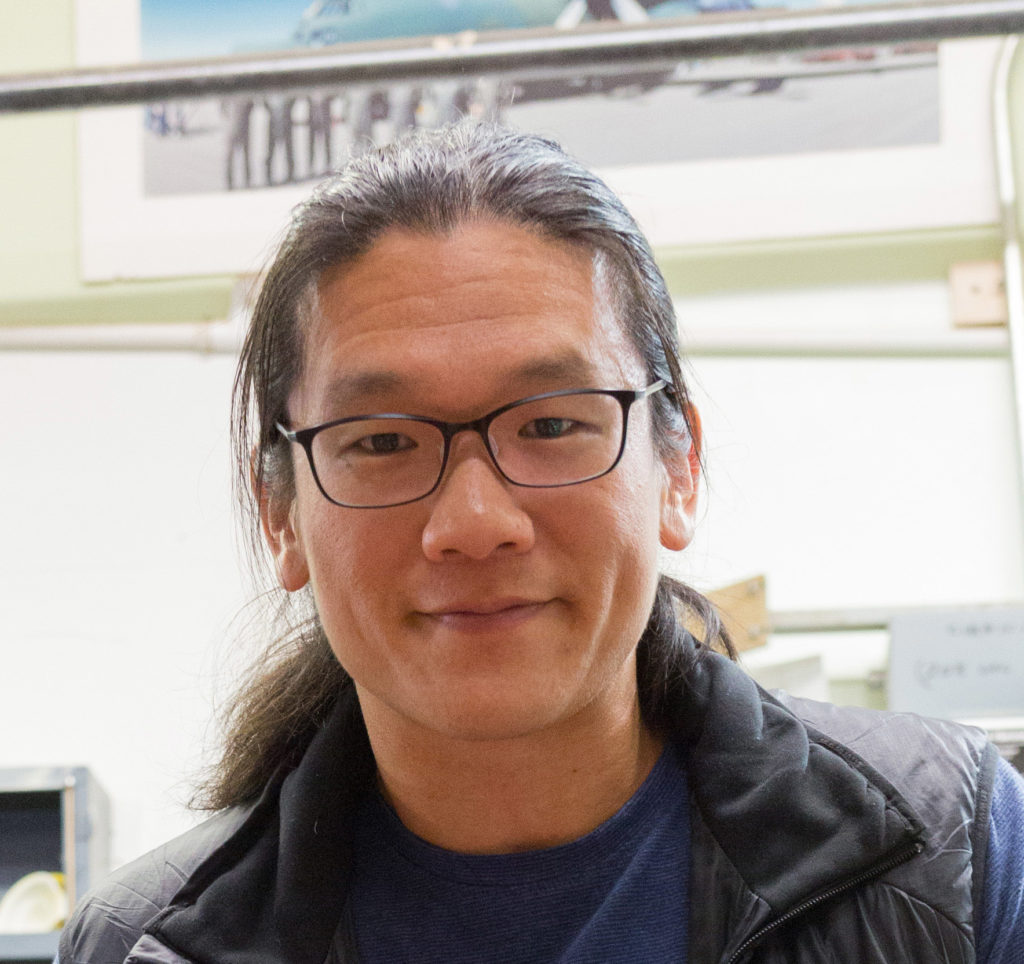
bunnie is best known for his work hacking the Microsoft Xbox, as well as for his efforts in designing and manufacturing open source hardware, including the chumby (app-playing alarm clock), chibitronics (peel-and-stick electronics for craft), and Novena (DIY laptop). He received his PhD in EE from MIT in 2002. He currently lives in Singapore where he runs a private product design studio, Kosagi, and he actively mentors several startups and students.
Akiba – FreakLabs, Jacinta Plucinski – FreakLabs
Topic: A Hyena Ate My Project! – Open Source Hardware in Wildlife Conservation Technology
Wildlife conservation technology is in a strange limbo. It can actually make good use of a lot of bleeding edge technology, but it’s custom, niche, and small volume. This means it’s essentially ignored by the technology industry. Researchers operate networks of hundreds of camera traps putting out thousands of hours of video and images each year. Bioacoustics is yielding thousands of hours of soundscape audio that needs to be classified and analyzed to measure animal populations. They often require technologies that push the boundaries of what’s capable in terms of size, weight, battery life, and processing power. So far, wildlife researchers have either hacked off-the-shelf technology to adapt it to their needs or if funds are available, relied on the technology industry to build custom tools for them. There’s growing thought that as technology becomes cheaper and more accessible, wildlife researchers can start to take the design and customization of devices into their own hands. This is where wildlife conservation could really benefit from open source hardware. Unfortunately it’s not as easy as adding Raspberry Pis to a wildlife project. Hardware is exposed to a nightmare of scenarios like dense rainforest canopies, monkeys pulling out cables, animals eating enclosures, and poachers destroying any tech they find in the wild. On top of this, there are digital divides, gender divides, and a general anxiety and suspicion of tech. For the past six months, we’ve been putting together training materials on Arduino and embedded programming for wildlife conservation. The goal is to help put together shared community knowledge that can to bring forth a next generation of cross-domain wildlife researchers that understand the biology, ecology, and engineering to implement or collaborate to create the specific tools conservationists need.
About the speakers:

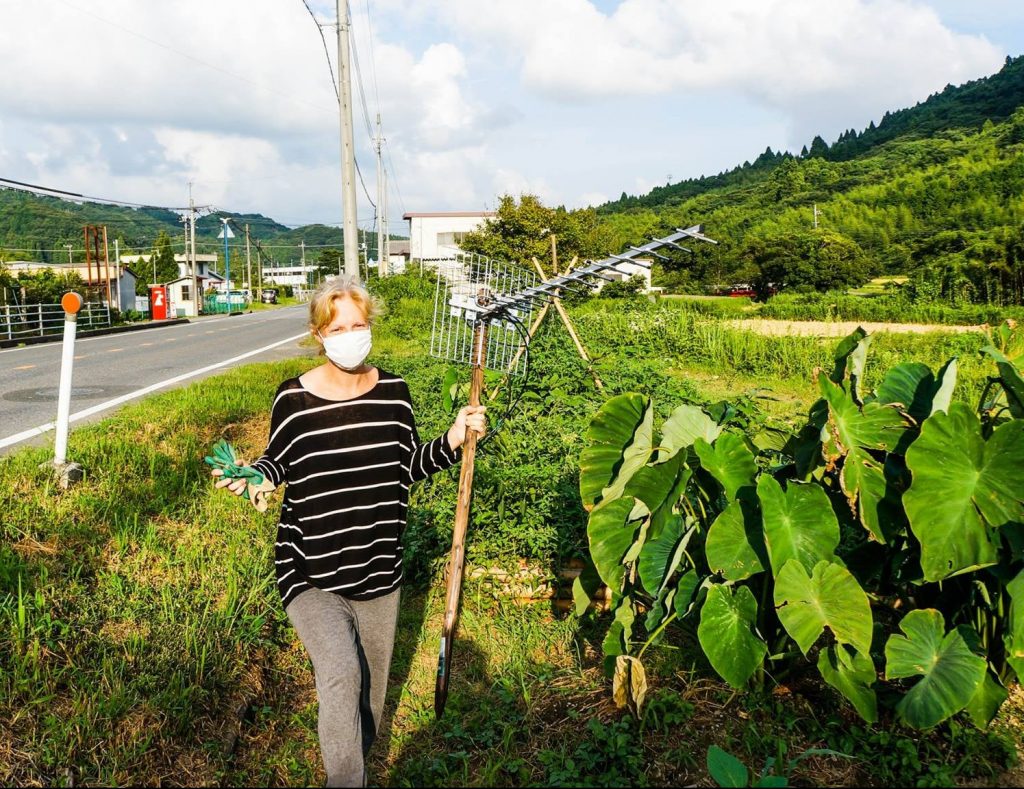
Akiba and Jacinta are co-founders of FreakLabs and business partners as well as life partners. They’ve also helped start Tokyo Hackerspace and HackerFarm, a technology, farming, and food community in rural Japan.
Akiba has a background in IC, FPGA, and hardware design and Jacinta has a background in python and javascript programming and web technologies. They’ve formed FreakLabs which specializes in conservation technology and infrastructure monitoring in developing countries. Most of their work involves wireless sensor networks in remote locations such as the Himalayas, rainforests of Panama, deserts of Colombia, or rural villages on the Nile River in Egypt. They’re planning to create a nonprofit research institute on regenerative forestry and wildlife and environment conservation technology. When they’re not up to their neck in circuit boards, they like to work on their hobby farm or hide in their mountain house.
Dahl Winters
Topic: OpenAir Cyan: Accelerating Carbon Dioxide Removal through Open Hardware
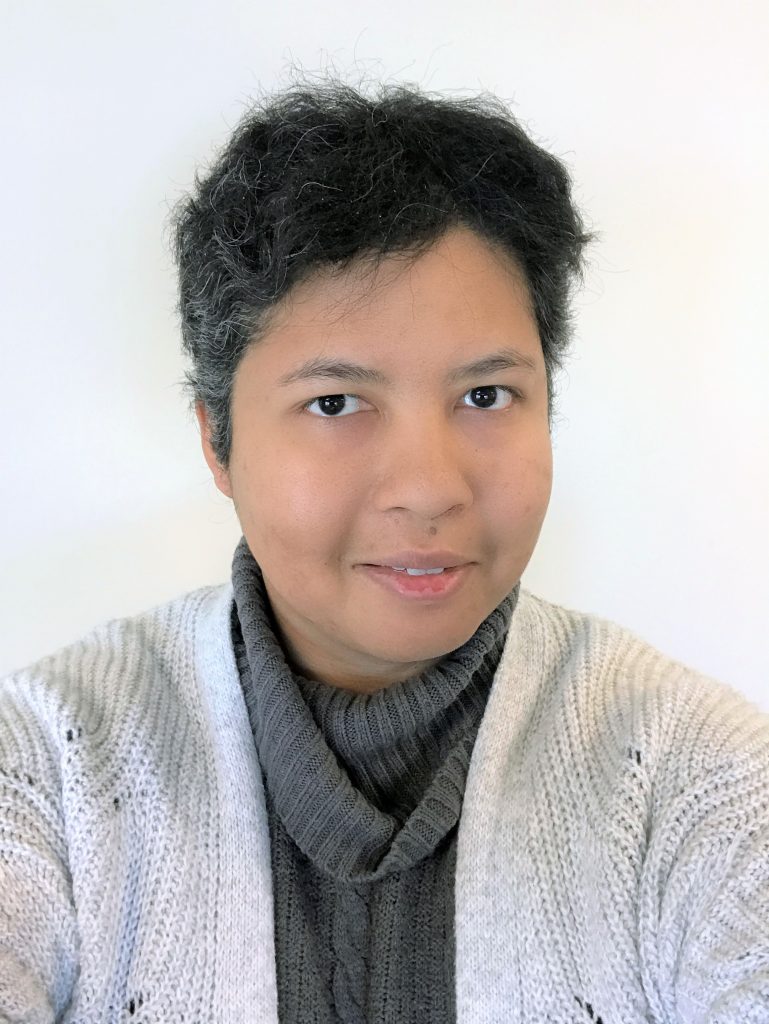
If Covid-19 has taught us anything about dealing with pandemics, it’s that we have to be prepared to act early and decisively. The same is true for climate change. This talk will introduce an open hardware system, Cyan, that was built to help accelerate the growth of direct air carbon capture (DACC), a vital technology to remove CO2 emissions from the ambient air. We will then describe how the open hardware community is a critical community to advance this work. Not only can builders quickly iterate and improve upon Cyan, but it serves as a conversation point around carbon dioxide removal that people otherwise might not have.
About the speaker: Dahl Winters is CXO of DeepScience Ltd, member of the OpenAir Collective, and a hands-on scientist/engineer across multiple fields to include biology, computer science, and systems engineering. Since late 2020, she has been working with a singular focus on low-cost, distributed carbon removal through open hardware. She now leads the Cyan initiative at OpenAir to advance the improvement and broader use of this technology, to help in the fight against climate change.
Adam Benzion
Topic: Conservation AI: The World’s Most Advanced Wildlife Tracker Is Now 100% Open Source
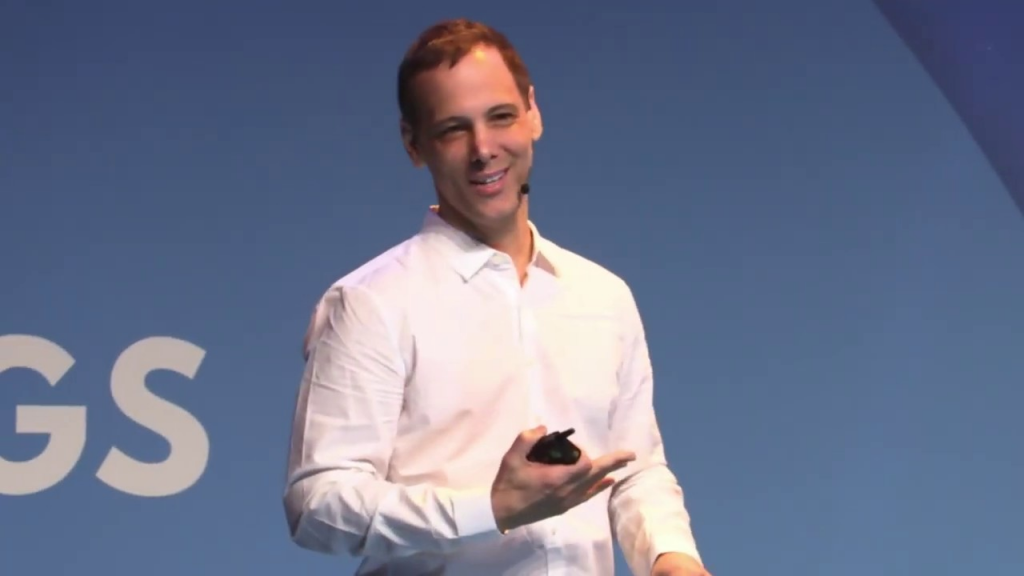
ElephantEdge is an open and collaborative sustainability project, started early 2020 that resulted in the design and shipping of the world’s most advanced elephant tracker, powered by open embedded machine learning. The software and hardware produced by ElephantEdge will be fully open-sourced on https://opencollar.io/ to enable future scaling and innovation by anyone, anywhere. Read: Can artificial intelligence give elephants a winning edge?
About the speaker: CXO at Edge Impulse, co-founder of Hackster.io, Microsoft alumni, recovered hardware entrepreneur, and investor. I am focused on building meaningful solutions to pressing problems such as wildlife and environmental preservation, rooted in open-source principles and community building. When I get a few moments, I also enjoy writing for Fast Company, TechCrunch, EE Times, and The Next Web.
